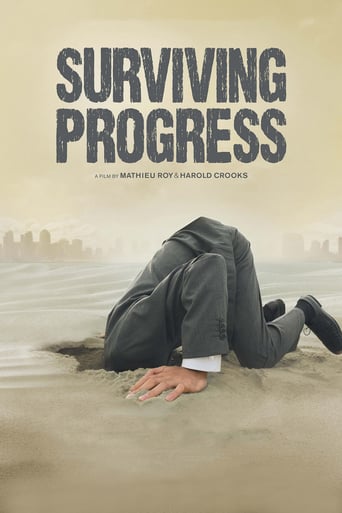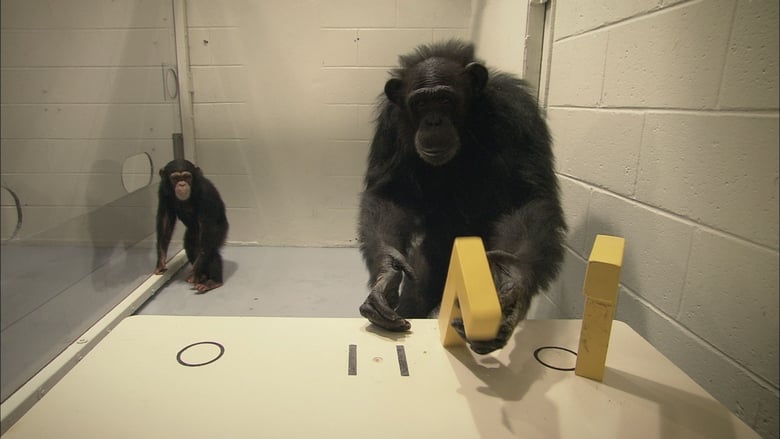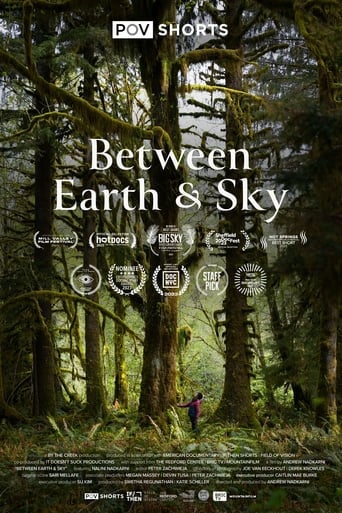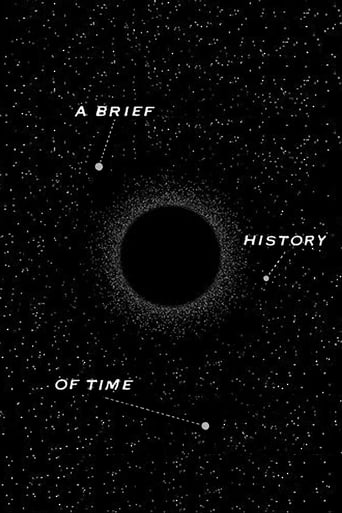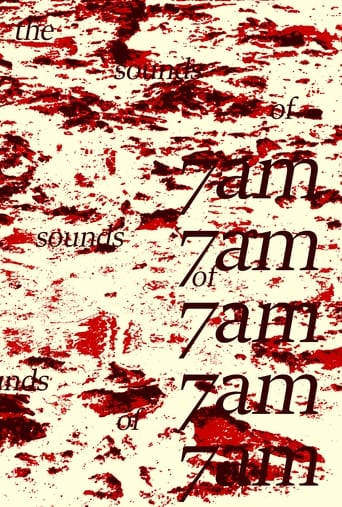Surviving Progress (2011)
Humanity’s ascent is often measured by the speed of progress. But what if progress is actually spiraling us downwards, towards collapse? Ronald Wright, whose best-seller, “A Short History Of Progress” inspired “Surviving Progress”, shows how past civilizations were destroyed by “progress traps”—alluring technologies and belief systems that serve immediate needs, but ransom the future. As pressure on the world’s resources accelerates and financial elites bankrupt nations, can our globally-entwined civilization escape a final, catastrophic progress trap? With potent images and illuminating insights from thinkers who have probed our genes, our brains, and our social behaviour, this requiem to progress-as-usual also poses a challenge: to prove that making apes smarter isn’t an evolutionary dead-end.
Watch Trailer
Cast
Similar titles
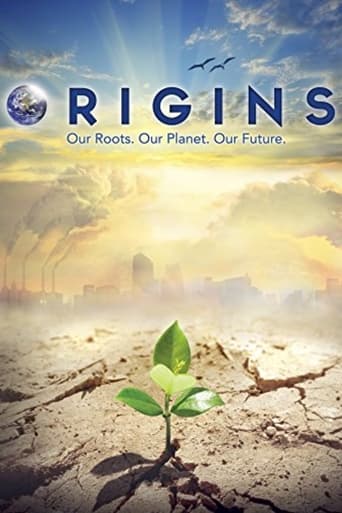
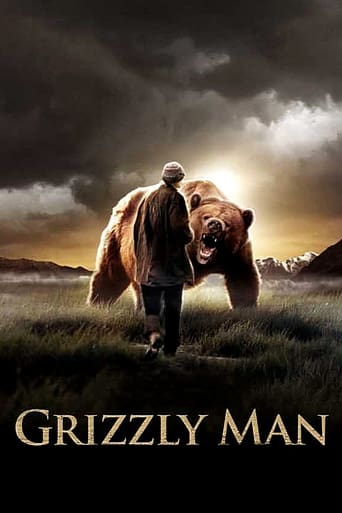
Reviews
Very very predictable, including the post credit scene !!!
Fantastic!
All of these films share one commonality, that being a kind of emotional center that humanizes a cast of monsters.
It's funny, it's tense, it features two great performances from two actors and the director expertly creates a web of odd tension where you actually don't know what is happening for the majority of the run time.
This documentary, by Mathieu Roy and Harold Crooks, asks us to use our brains and think "outside the box" about what progress is and whether certain types of it can be detrimental to us as humans.It combines clips of interviews with various authors, theorists, and interested parties with on the ground images of what the interviewees are referring to. I would say the basic premise of the film is that , since the Industrial Revolution began 200 years ago, large corporations, governments, and economic theorists have been hammering away at a particular theme. This theme tells us that high levels of production and subsequent high levels of consumption must be maintained to be prosperous in this world. Unfortunately, this has been maintained with little regard for the inevitable depletion of the world's natural resources. Poorer countries, who often are rich in certain resources but are in debt, are coerced into selling off these resources to pay their debt. Thus, the bankers, corporations and the rich get richer while the rest of us get poorer.Much of the film cautions that we as a human species living on an interconnected planet must try and apply the "brakes" to this consumption "craziness" and start to sanely plan for our future.I found this documentary quite interesting and it made me stop and think about what we may be doing to our planet.
I was glad to find this documentary film available on Netflix streaming movies. But in a real sense that fact itself is part of the indicator that as a species, we may have doomed ourselves by our never-ending desire for progress, ways to get more, better, faster.The film contains the idea that the past 200 or so years has been a great "experiment", beginning with the industrial revolution. Humans have a natural curiosity and a desire for improving things that separate us from the rest of the animal kingdom. Therefore when we began to make things better, bigger, faster, we also reduced the mortality rate via medicines and health care. As an example, today it takes three years to increase the population of the world as much as it took 13 centuries not long ago.Common sense tells us that if we continue to increase the human population at the same or similar rate, which requires the expenditure of more and more natural resources to sustain all that, we are no longer "living off the interest" of our natural resources, but instead are "drawing down the principal", to use a financial investment analogy, and sooner or later it will all collapse.Many experts in various fields across the globe are given time in this documentary, and no one has a simple answer. For example, controlling population, maybe even to get it down to 1/3 of what it is today, runs directly in opposition to most religious beliefs. Or getting profit-minded major corporations and financial institutions to operate for the betterment of humanity runs counter to their goals of increasing profit.I too believe most of what is presented in this film. I had even already been looking at the issue from another perspective, namely if we continue to make more and more with fewer and fewer workers as a result of automation, while the population continues to increase, where will all the workers find jobs? It seems to me the rich will just get richer and the poor get poorer, and at some point there will be a big revolt.Interesting film on a very difficult, but also critically important, issue. The honored physicist Steven Hawkin weighs in, he says if we can survive for another 200 years, then the human species may just be fine. He thinks we will find a way to go into space and find ways to colonize away from the Earth.I am not sure I agree. It seems to me there will be a giant crisis within the next 200 years, accompanied by mass killings with only a fraction of the population surviving. Then, as movies and TV series' often depict, a comparatively small band of people will work together to repopulate the Earth. None of us will be around to know.
The basic content has it right on the money. Or at least, I share similar views as were portrayed in this documentary.Unfortunately the documentary was made in a formulaic way. Cut and paste archival video, talking heads, animal behaviour – and the most irritating soundtrack imaginable.There was an irony that the amount of distracting video footage used and the glossy sheen to the presentation method (well groomed and moisturised faces, perfectly framed and preaching) was more like the very superficiality the documentary claimed to be railing against.In summary it did a little job of stating the problem though the impact of the documentary will be negligible. Those who couldn't care less will continue not to. Those who do care learnt little new.And let's face it - heading in to space will not be a solution for the masses. Perhaps a change in climate (either man-induced or one of the natural ones) will cause a substantial reduction in life – and allow the planet a breather before we start it all over again. There was nothing in the doco to suggest otherwise.
I was lucky enough to attend a screening at my local university with the director of this documentary, it is a fascinating little piece about the social and economical dynamics of the present day compared to ancient mighty civilizations that have fallen. It features appearances by many notable speakers including Jane Goodall, David Suzuki and Stephen Hawking.It's a fascinating study of where we stand now and where we are heading.It touches upon many recent topics as well, which might date it slightly, but otherwise, it's a great viewing experience. I definitely recommend this documentary, it will lead you to question today's society and provide much food for thought.
